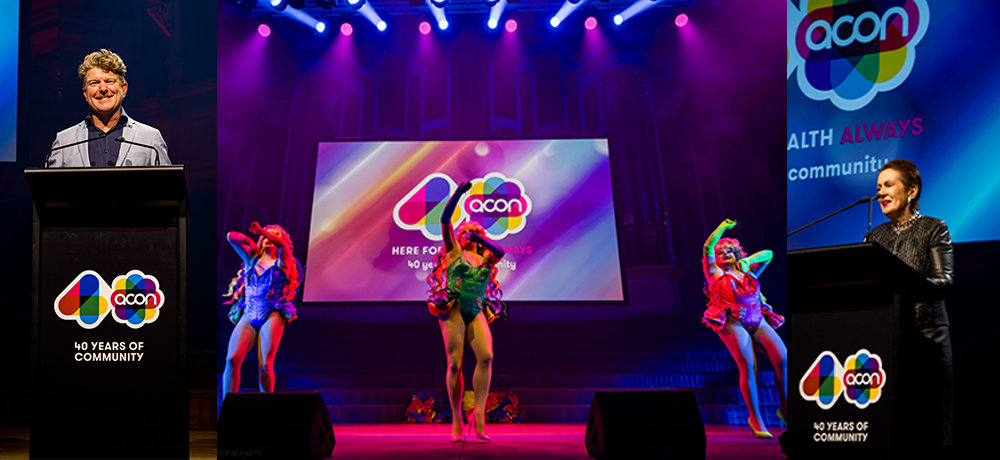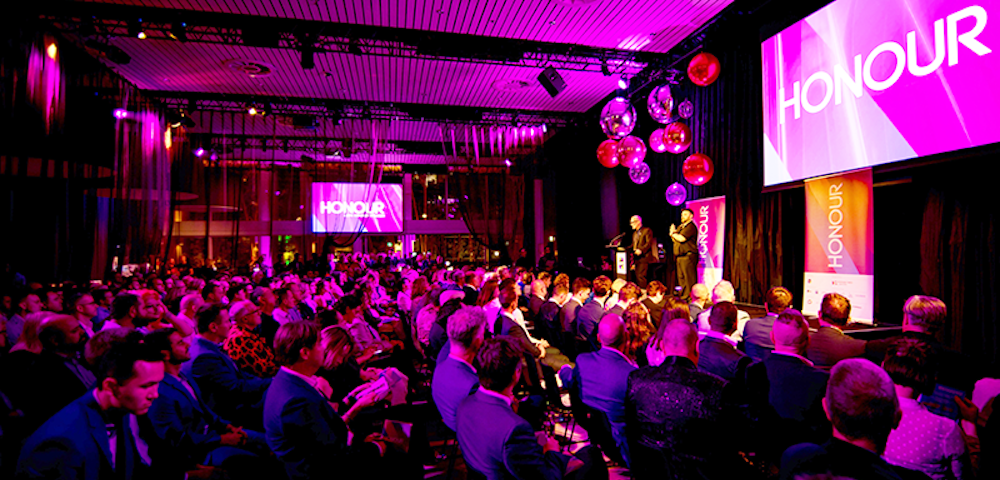
Gay self-censorship coming to an end
Local HIV lobbyists and researchers are excited that the International AIDS Conference in Mexico City this month showed gay men are again being taken seriously as a vulnerable group in the global epidemic.
Representatives from research centres and HIV groups met in Sydney last week following the conference that saw its first anti-homophobia march by delegates since the ACT-UP protests in the early 1990s.
National Centre in HIV Epidemiology and Clinical Research researcher Garrett Prestage said many HIV leaders stopped talking about the risks to men who have sex with men (MSM), despite most being openly gay themselves, as the epidemic spread through developing countries.
It felt like being pushed back into the closet. But AFAO has played a large part in getting a new acknowledgement of the MSM crisis in the developing world, he said.
The consensus among Australia’s representatives at the conference was that human rights improvements would be a necessary step towards redressing the HIV epidemic among MSM.
The Global Fund, one of the largest bodies to support developing countries combatting HIV, has also moved towards requiring MSM be included in future grants, which AFAO attendees noted could have a significant influence on many hesitant countries.
It’s a catch-22 for MSM community groups, or communities, when they can’t get access to the [country-level programs]. We realise that there’s this tension and we need to address that, Global Fund’s David Winters told a pre-conference.
Thailand, where one-third of its HIV epidemic is in sexual minorities, saw its MSM-less aid application rejected just prior to the conference, showing that policy may already be active.
National Centre for HIV Social Research director John de Wit said more evidence was needed to further support what was anecdotally known, that gay men are disproportionately affected even in general epidemics in Africa, Asia and Latin America.
He and another Australian researcher will be attending an American Foundation for AIDS Research (AmFAR) global consultation in Washington next week on where the MSM research agenda should be in epidemiology, biomedical prevention, human rights issues, social and behavioural research.
While obviously we need more data, we can’t wait for more testing before we engage in action, even though it won’t be a perfect understanding, de Wit said.
We need to be more culturally sensitive than we have been in the past. We need to work with more community organisations to do more behavioural and social research to understand why men engage in sexual risk-taking and what prevention would be acceptable and effective.
Australia has a self-interest in ensuring these epidemics are controlled in the region, he added, but the country could also play a significant part globally.










So true Oliver – You are on my level!
Its up to men themselves to be careful, not blame the Governments!